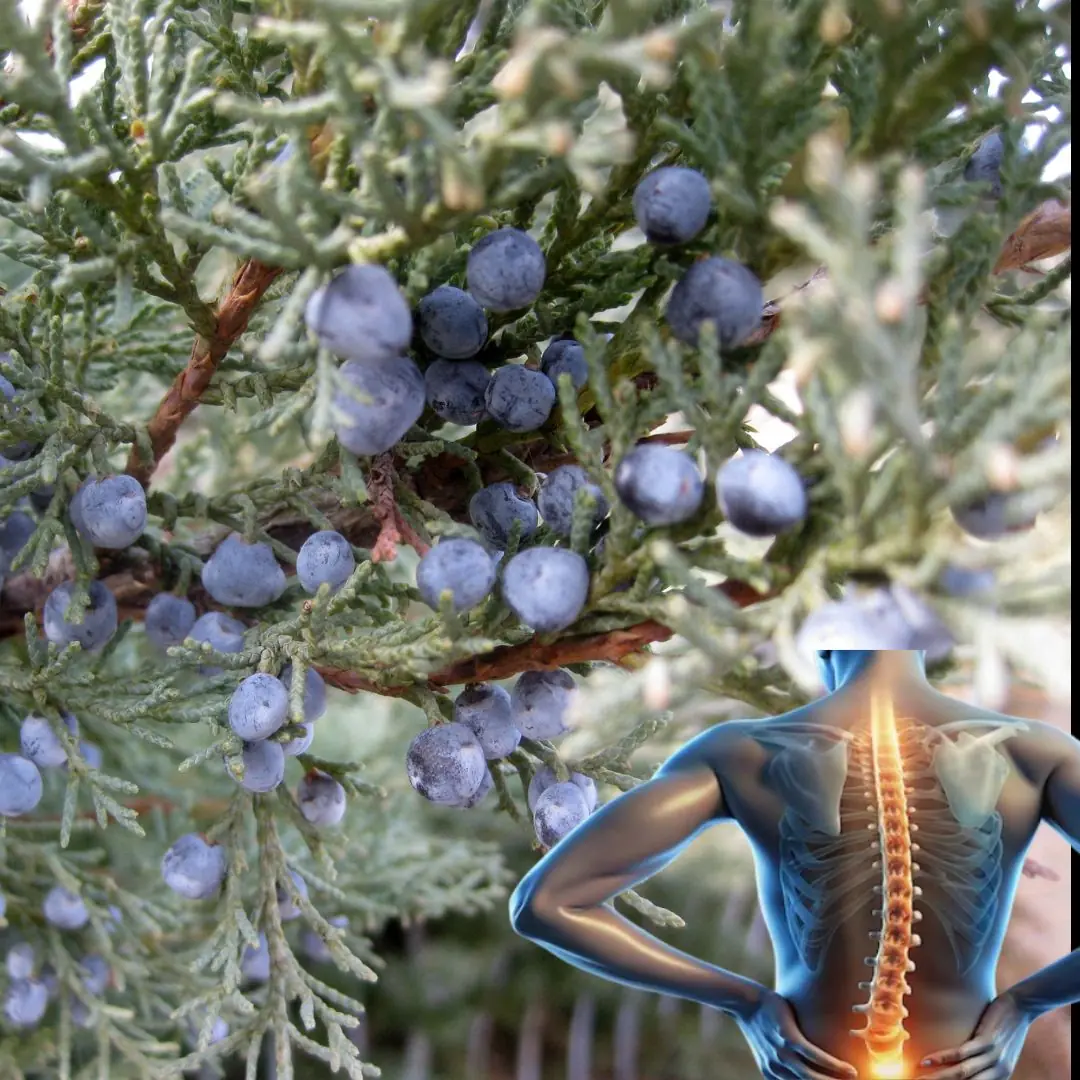
7 Essential Leaves to Naturally Improve Your Eye Health
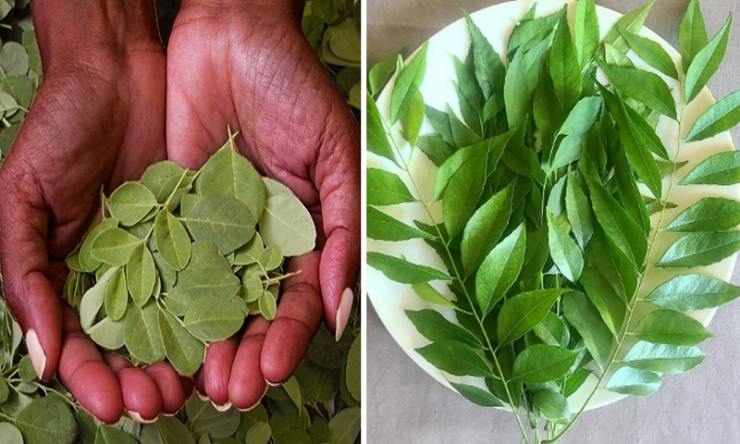
7 Powerful Medicinal Leaves That Naturally Boost Eye Health
Your eyes are among your most precious organs — windows to the world that deserve real care. While screen breaks, blue light filters, and proper lighting help protect your vision, nature itself offers a hidden arsenal of support. Many medicinal leaves are loaded with antioxidants, vitamins, and anti-inflammatory compounds that nourish the eyes, enhance visual clarity, and even help prevent issues such as dryness, fatigue, or age-related macular degeneration.
Below are 7 incredible leaves you can easily include in your meals or herbal routines to keep your eyes radiant, healthy, and bright — naturally.
1. Curry Leaves (Murraya koenigii)
Why they help:
Curry leaves are an outstanding source of vitamin A, a nutrient essential for maintaining a healthy cornea and preventing night blindness. They’re also rich in antioxidants that shield the retina from oxidative stress, reducing long-term damage that can lead to vision decline. Some studies even suggest that curry leaves may improve the overall strength of eye tissues and slow age-related deterioration.
How to use:
Toss a handful of fresh curry leaves into soups, stews, or stir-fries. You can also blend them into smoothies or steep them in hot water for a rejuvenating herbal tea that supports both digestion and eye wellness.
2. Basil Leaves (Ocimum basilicum)
Why they help:
Basil isn’t just for flavor — it’s a vision booster. Packed with vitamin A and lutein, basil supports clear eyesight and helps maintain the retina’s function. Its powerful anti-inflammatory and antibacterial properties can calm eye infections like conjunctivitis and relieve redness caused by strain or pollution.
How to use:
Add fresh basil leaves to salads, pasta, or soups. You can also steep them in hot water with honey to create a soothing herbal infusion that helps reduce inflammation in the eyes.
3. Spinach Leaves
Why they help:
Spinach is one of nature’s richest sources of lutein and zeaxanthin, carotenoids that function like natural sunglasses. They filter harmful blue light from screens and protect your eyes from oxidative damage that leads to premature aging of the retina. Regular consumption of spinach has also been linked to a lower risk of cataracts and macular degeneration.
How to use:
Gently steam spinach or blend it into green smoothies for a nutrient-packed drink. Avoid overcooking to preserve its delicate antioxidants and vitamins.
4. Mint Leaves (Mentha)
Why they help:
Mint’s cooling nature makes it a quick remedy for tired or strained eyes. It’s loaded with vitamin C, beta-carotene, and antioxidants that strengthen eye tissues and promote long-term vision health. Its refreshing aroma also helps relieve stress — an underrated factor that contributes to eye fatigue.
How to use:
Infuse mint in lemon water, smoothies, or herbal tea. For instant relief, soak cotton pads in mint-infused water and place them on closed eyes for a calming compress.
5. Fennel Leaves (Foeniculum vulgare)
Why they help:
In Ayurvedic traditions, fennel has long been valued for treating blurred vision and eye strain. It’s abundant in vitamin C and flavonoids, both of which help reduce intraocular pressure and protect against cataracts. The mild sweetness of fennel also makes it easy to incorporate into daily diets.
How to use:
Chew fresh fennel leaves after meals to refresh your mouth and improve digestion, or brew them into a mild tea to relax tired eyes. You can also sprinkle finely chopped fennel leaves over salads or roasted vegetables.
6. Moringa Leaves (Moringa oleifera)
Why they help:
Often called the “miracle tree,” moringa contains exceptionally high levels of beta-carotene, which the body converts into vitamin A — the key nutrient for eye health. Along with a powerhouse mix of antioxidants, moringa helps protect against age-related vision disorders and supports sharper sight.
How to use:
Stir dried moringa powder into smoothies, soups, or yogurt. If you have access to fresh moringa leaves, cook them lightly like spinach to retain their nutrients.
7. Coriander Leaves (Cilantro)
Why they help:
Coriander is bursting with vitamin A, vitamin C, and natural antioxidants that reduce inflammation and fight oxidative stress harmful to the eyes. It also helps flush out toxins, which supports clearer skin and brighter eyes — a double beauty bonus.
How to use:
Mix fresh coriander into curries, soups, or juices. You can also blend it with lime and a pinch of salt for a refreshing chutney or detoxifying herbal tonic.
The Bottom Line
Nature has generously provided a treasure chest of plant-based remedies that nourish every organ in the human body — including our eyes. By incorporating these seven powerful leaves into your meals or tea rituals, you’re giving your vision a natural line of defense against modern-day challenges like screen exposure, pollution, and fatigue.
With a bit of consistency and care, you’ll soon notice the change — your eyes feeling clearer, less strained, and brighter than ever. Sometimes, the best way to protect your sight is simply to turn to what’s been growing around us all along.
News in the same category


Unveil Colgate’s Secret for Silky-Smooth Feet

Evergreen Huckleberry (Vaccinium ovatum) – Benefits, Uses, and Growing Guide
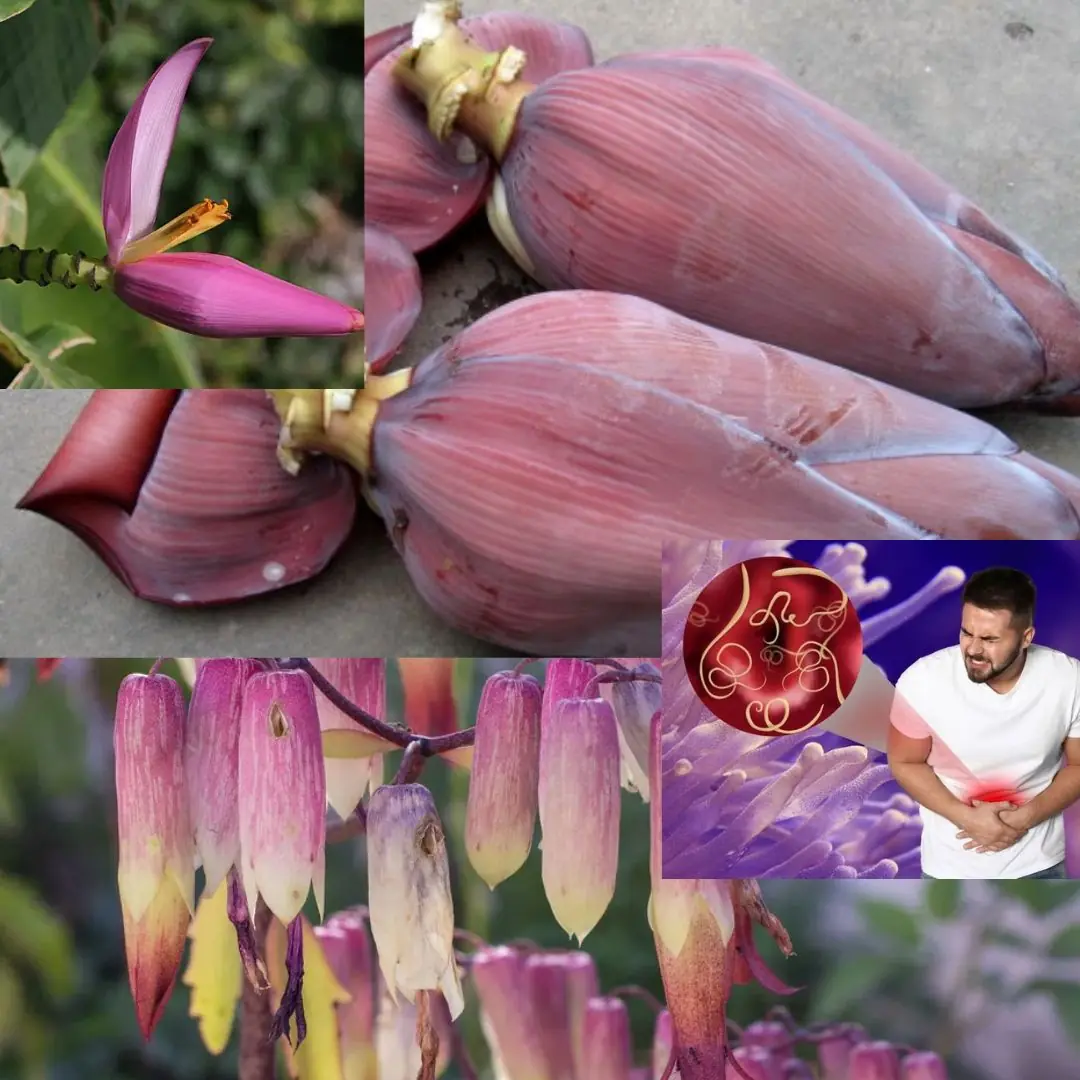
7 Amazing Health Benefits of Banana Blossoms

Bryophyllum Calycinum (Kalanchoe Pinnata): Benefits and Uses
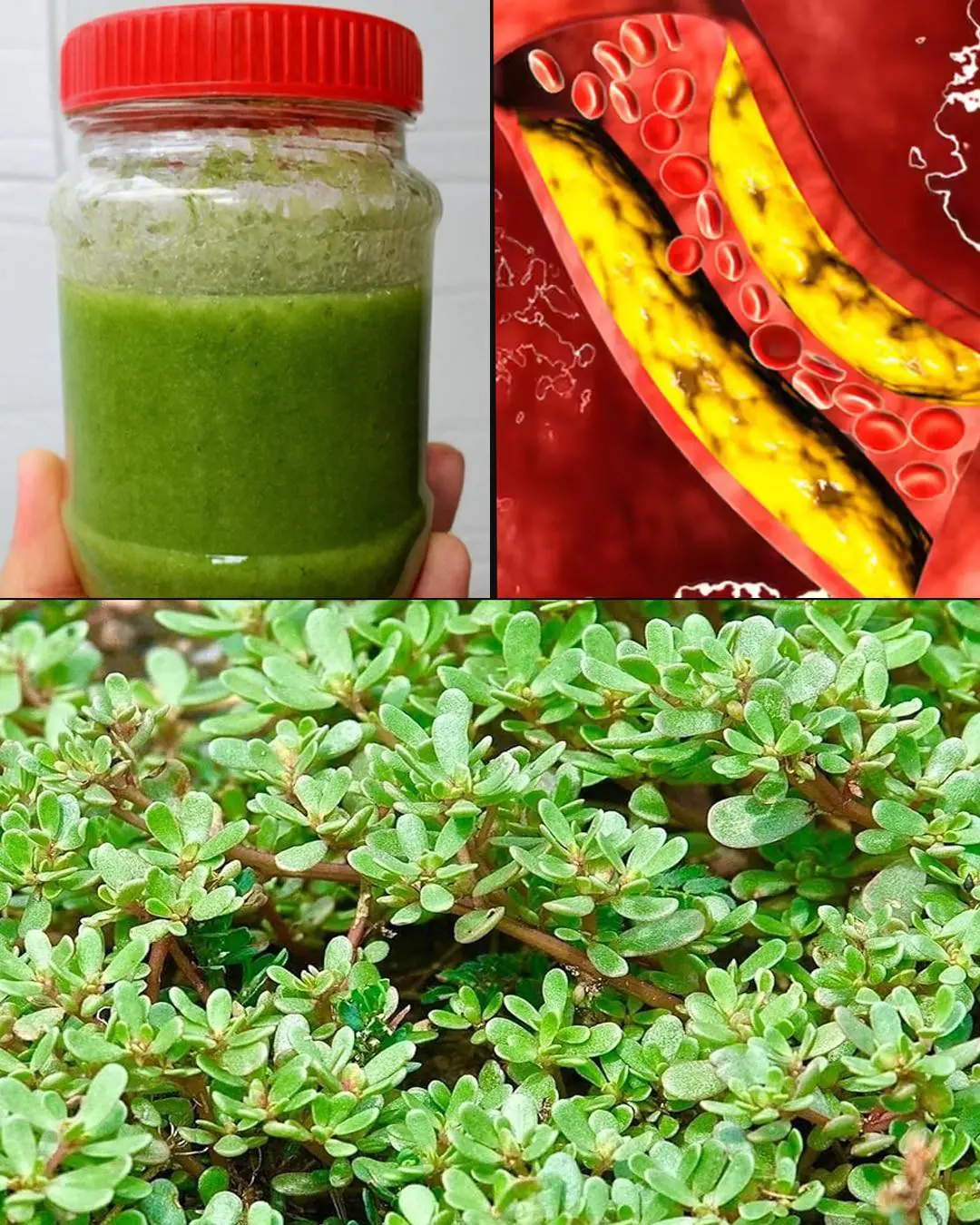
Purslane: The Superfood That Tastes Better Than Meat – 7 Reasons to Grow It in Your Garden

7 Benefits of Chewing Raw Garlic on an Empty Stomach
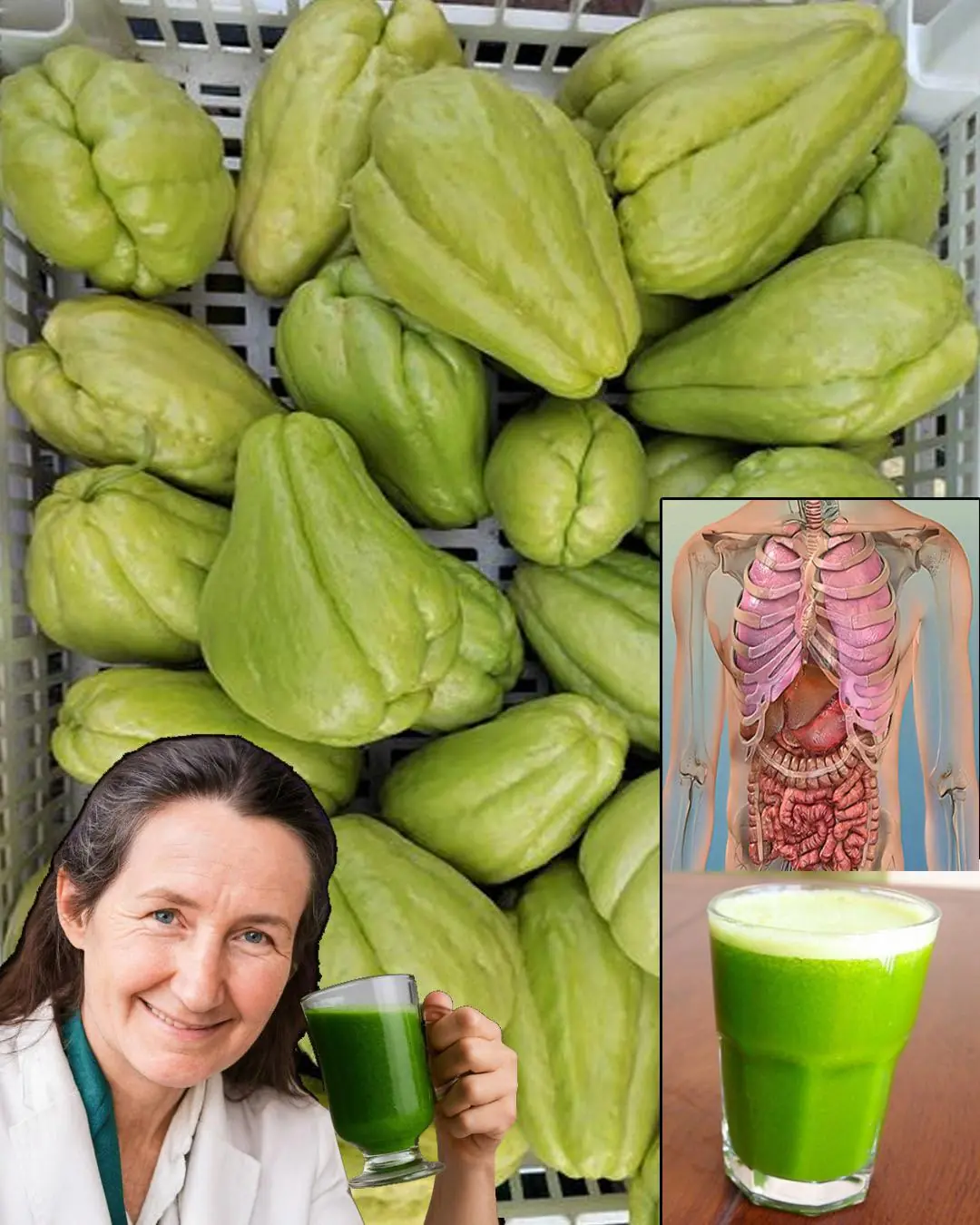
Chayote Remedy: Natural Cure for Pain, Swelling, Blood Pressure & Cholesterol

Alkaline Water – Recipe and Health Benefits for Skin & Hair

Garlic, Honey, and Cloves – a powerful natural remedy packed with health benefits
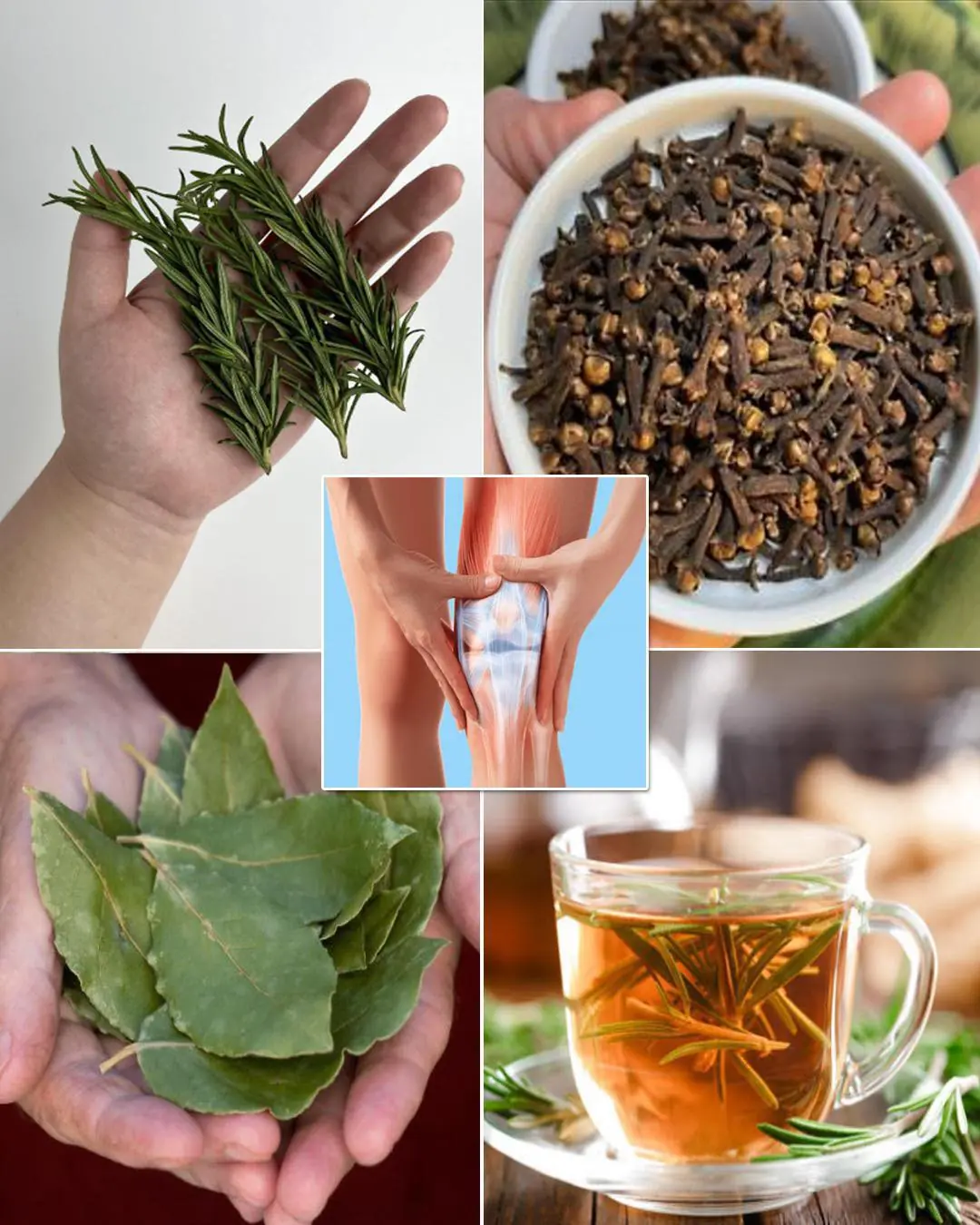
A Natural Blend of Rosemary, Cloves, and Bay Leaves

Ginger and Orange Detox Drink – Cleanse Kidneys, Liver, and Lungs Naturally
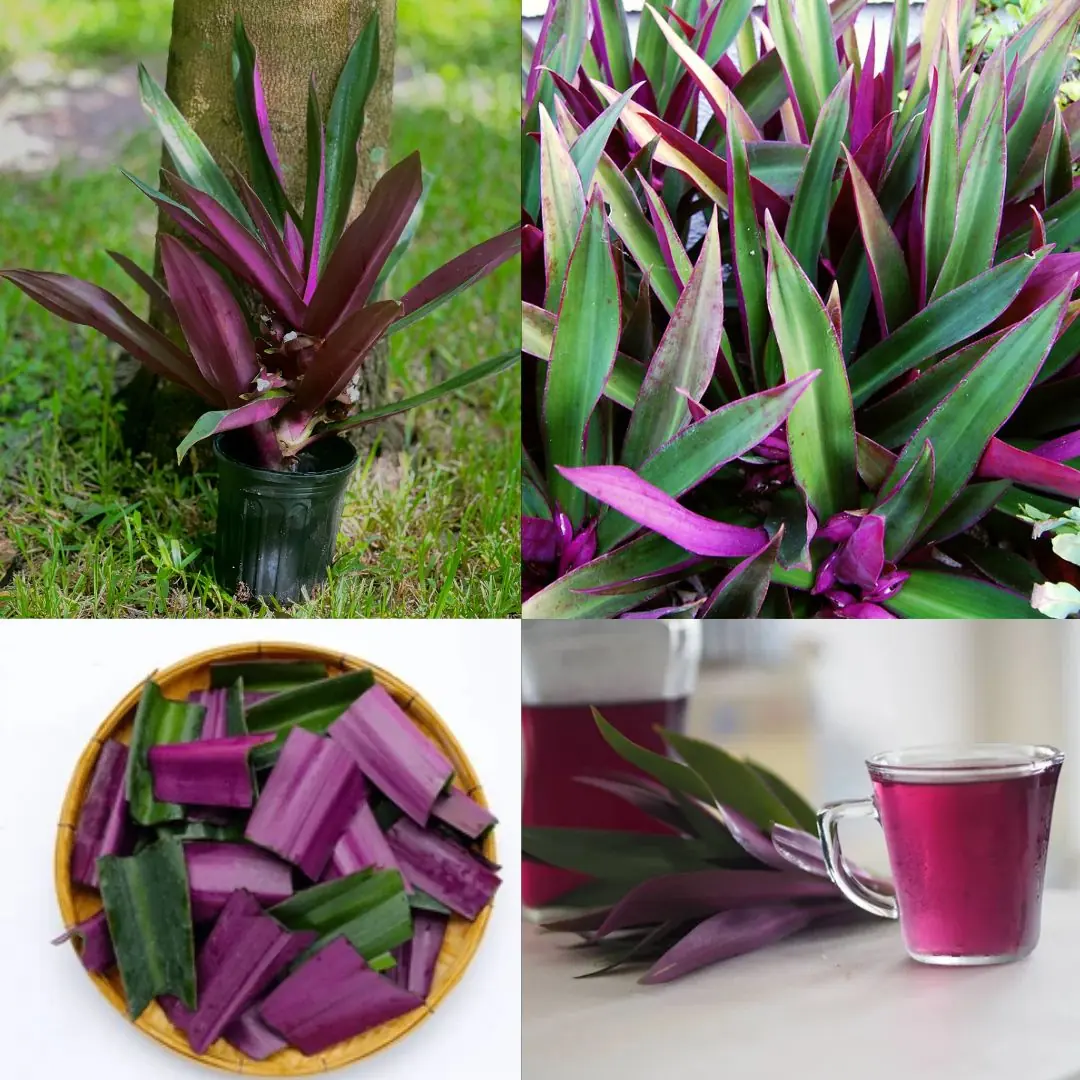
The Purple Maguey Plant — Benefits and Traditional Uses
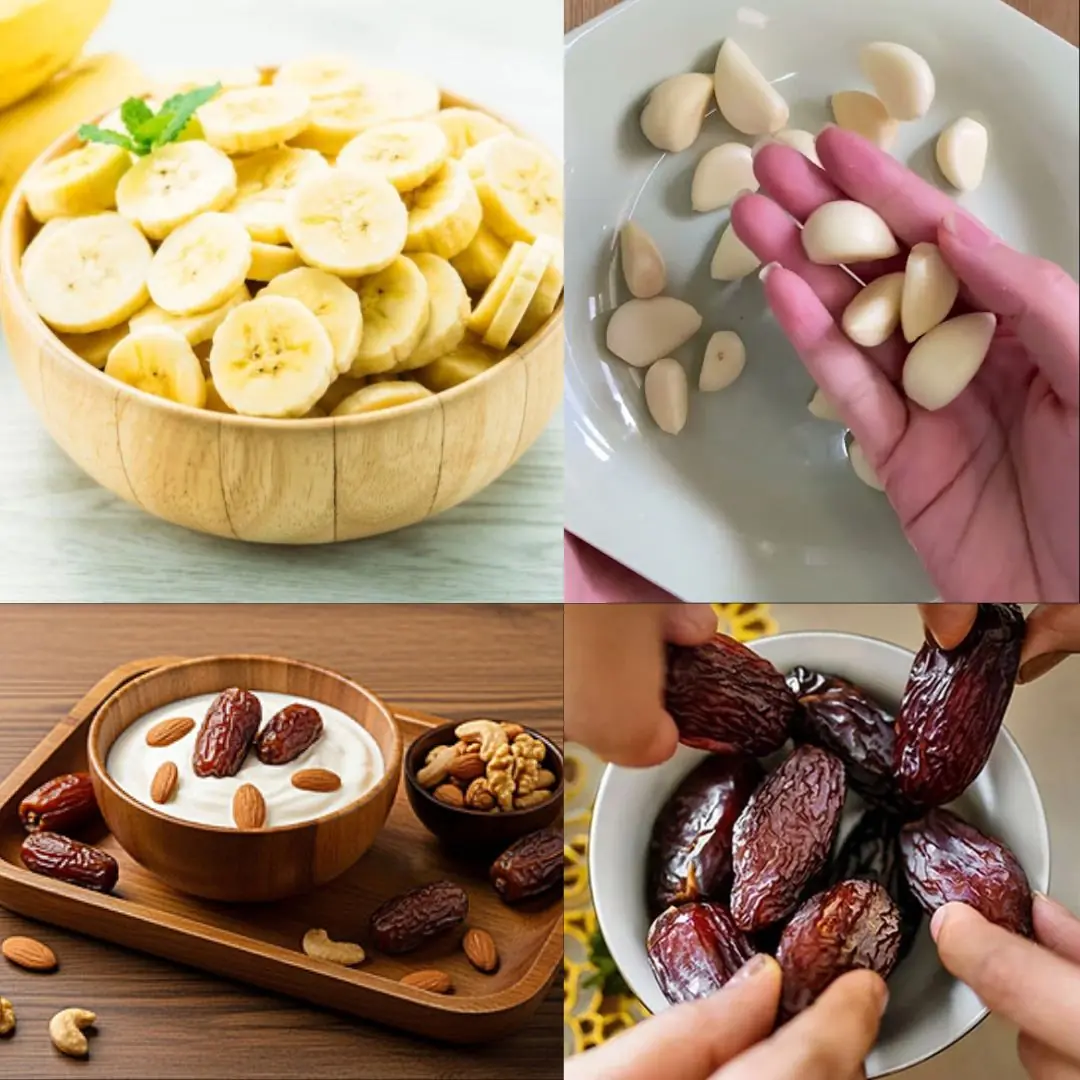
Bananas, Garlic, and Dates: The Powerful Health Combo
7 Benefits of Corn Silk and How to Use It

Old Doctors: We Mix Honey with Cloves to Fix 13 Problems After 60 — Results in 7 Days
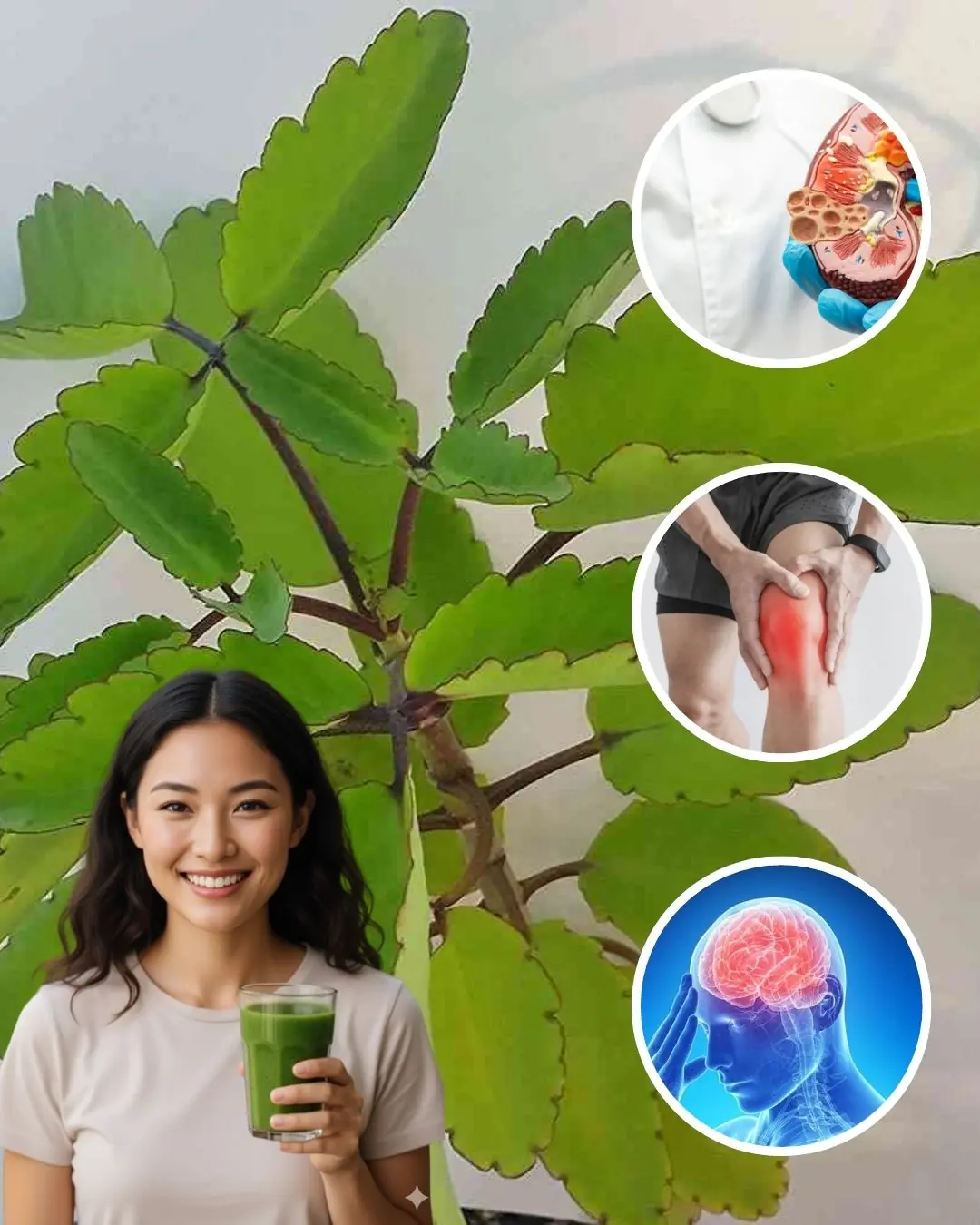
Kalanchoe Pinnata (Bryophyllum Calycinum): The Miracle Leaf for Health and Healing

The Secret Mango-Seed & Garlic Elixir You’ve Never Heard Of
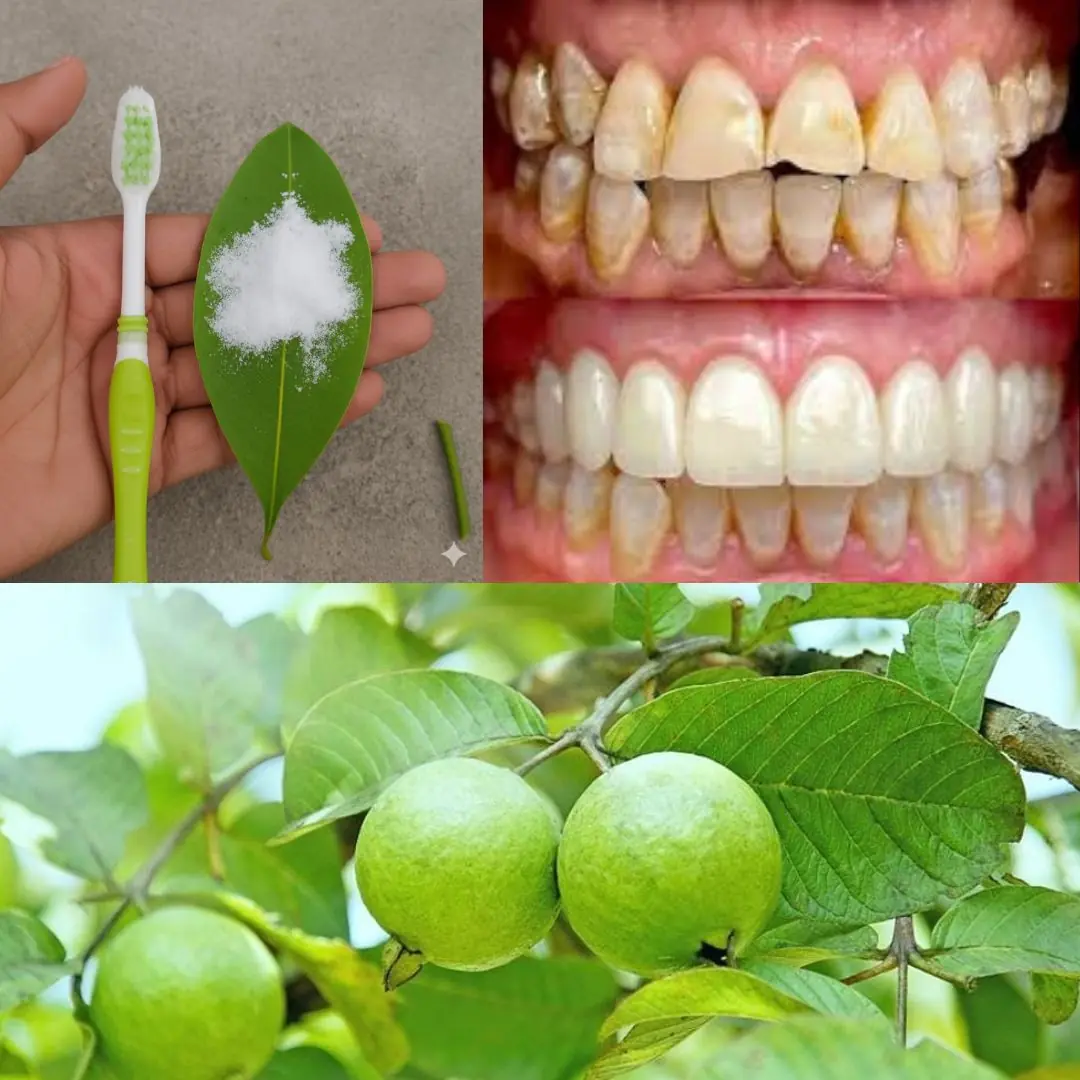
Top 3 Natural Remedies for Tooth Decay Using Guava Leaves
News Post

Most Attractive Hobby a Man Can Have According to Women

The Hidden Power of the Hole in Your Kitchen Knife — 7+ Surprising Uses You Probably Didn't Know

Most people will go their entire lives without ever knowing what the microwave ring cover is actually for

10 Morning Habits That Are Surprisingly Harmful to Your Health

6 Effective Drinks to Help Prevent Stroke – Don’t Overlook These Choices

DENTISTS HATE HOW SIMPLE THIS TEETH WHITENING HACK IS

Juniper: A Comprehensive Guide to Its Benefits and Uses

Unveil Colgate’s Secret for Silky-Smooth Feet

Evergreen Huckleberry (Vaccinium ovatum) – Benefits, Uses, and Growing Guide

A 3-Year-Old Boy Got Super Glue in His Eye — His Mother’s “Golden 30 Seconds” Saved His Sight

Growing Concern Over Visceral Fat — Doctors Recommend 9 Foods to Help Burn It Naturally

7 Amazing Health Benefits of Banana Blossoms

Bryophyllum Calycinum (Kalanchoe Pinnata): Benefits and Uses

Purslane: The Superfood That Tastes Better Than Meat – 7 Reasons to Grow It in Your Garden

7 Benefits of Chewing Raw Garlic on an Empty Stomach

Chayote Remedy: Natural Cure for Pain, Swelling, Blood Pressure & Cholesterol

Alkaline Water – Recipe and Health Benefits for Skin & Hair

Garlic, Honey, and Cloves – a powerful natural remedy packed with health benefits

A Natural Blend of Rosemary, Cloves, and Bay Leaves
